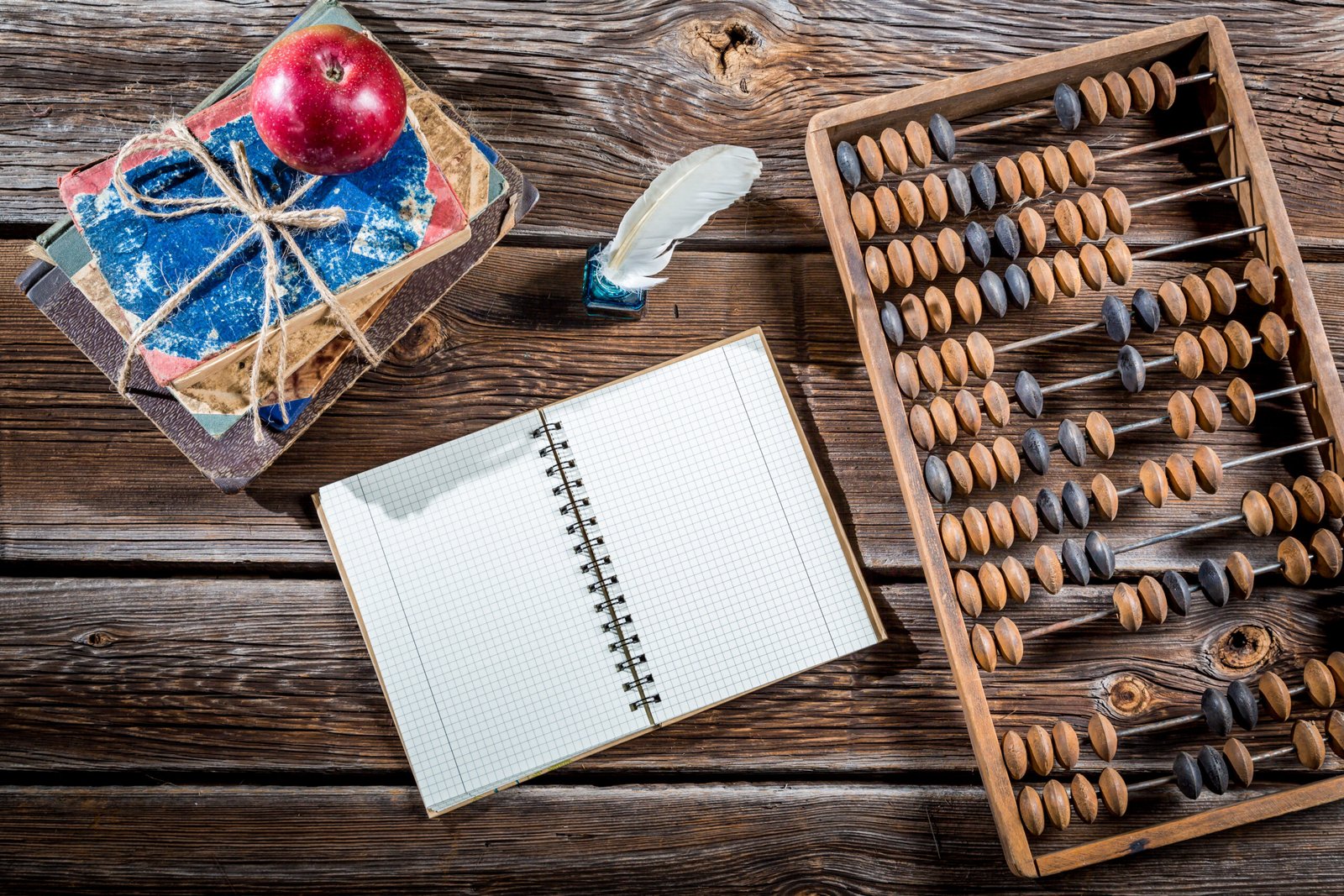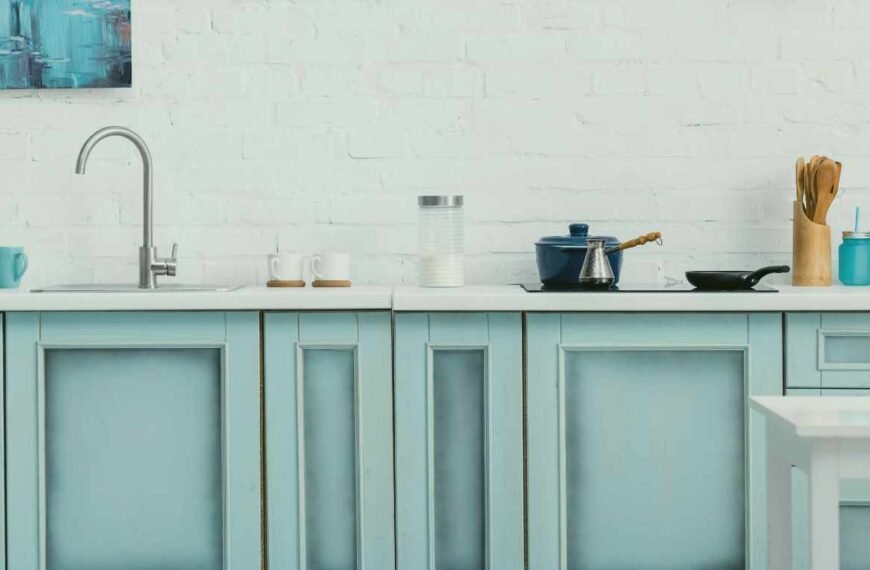I’ve been moving from one country to another one twice in my life. At this time, it is very costly to hold on to things. It’s often cheaper to sell an item and then acquire it again at your new destination. That’s especially true for heavy and bulky items like furniture. The math here is dictated by the cost of transportation plus import duties.
Most of us will never move from one country to another. We load our passions on a truck and pay a manageable bill if we move.
This should not exclude us from taking inventory of our possessions once in a while and looking at the actual cost of owning them.
Here are some key considerations
- Cost of storage
Some of us have more stuff than we can fit into our homes. This is where external storage comes in. We often put things in there that we couldn’t be part of when we put them in storage. We made assumptions when we stored these items. Are these assumptions still valid? Do we still need those items? Or could we empty our storage space and save the monthly cost? An added benefit is that if anything happens to us, no one else needs to empty this space once we have already taken care of it. - Cost of a full garage
Many homes have a garage filled with what’s often referred to as junk. No matter how we label what’s in your garage: it’s often being repurposed as a storage area, and that car of yours doesn’t fit there. Your vehicle is parked outside. You might have to scratch ice in the winter and get into it when it’s freezing. Your car is generally happier when it spends most of its time in a garage. - Cost of a full basement
I’ve seen basements filled to the rim with clutter. An entire floor of homes is lost that way. It could serve as a guest room, entertainment or workout area, food pantry, workshop, or many other things…if it were more accessible.
Replacement Cost
A critical aspect of our decision-making math is how often we use an item and how much it costs to replace it.
My running shoes cost $100, and I use them twice a week. I’d gain very little if I’d let go of them and would have to buy new ones the next time I go running.
My brothers’ skiing equipment is a different story. He comes once a year to go skiing in Colorado. I keep his boots, helmet, and jacket in my garage. Should I let go of it and re-purchase those items when he returns? He has been a reliable visitor and will likely be back next year. In this case, I’d hold on to his gear.
My brother also has two children. He once took a road trip and bought two child seats for the kids. Those were left with me. I learned that used child seats are relatively cheap on Craigslist. I decided to donate my two seats and buy new (used) ones the next time they visit.
My life partner has a ton of slides on boxes. She also had a projector. Chances are we will never have a party in our house where we’d look at slides from the 1970s or 80s. I learned that her projector sells for $25 on eBay. We decided to donate hers and will either borrow or purchase another when she is ready to deal with those slides.
A set of China
Many of us have inherited a set of old china. It’s supposed to come out for special events and is not used daily. Do you still have these special events? Do the dishes come out? Good, it’s worth keeping. If you have 2nd or even 3rd set of china stored in your home, it’s time to think a little more complicated. Wouldn’t it make sense to let someone else appreciate a set you don’t use?
Books
I love books. I also know they could fill every wall of my home if I didn’t exercise self-restraint. I have a small number of books that I would not let go of. I like to read fantasy novels, and once I’m done reading, I put those in a bin of books to get rid of. For non-fiction books, I decide if I want to pass them on to someone else, have to keep them, put them into a tiny library or give them to the local used book store in Boulder. I also put certain books on a Kindle Reader. In the end, I have limited shelf space reserved for books. When my shelf is full, it’s time to prune again. Fortunately, books are widely available these days. If I ever decide I need a particular book again (not just the cliff notes), I can easily purchase it another time. So far, this hasn’t happened.
The reason behind letting go of unused items is that our remaining possession becomes more accessible and purposeful when they have less “competition” for space by all these relatively dormant items in our homes.
It feels too overwhelming to think about our “stuff” to many of us. We don’t know where to start. We don’t want to dedicate time. In the end, we’re just procrastinating. Our stuff won’t magically dissolve unless a fire brazes through (let’s not hope for that). We’ll have to downsize if we move to a smaller space later on, or someone else will need to deal with our belongings once we pass on. These are both forced events. Being proactive and starting on our terms is a much better choice.


